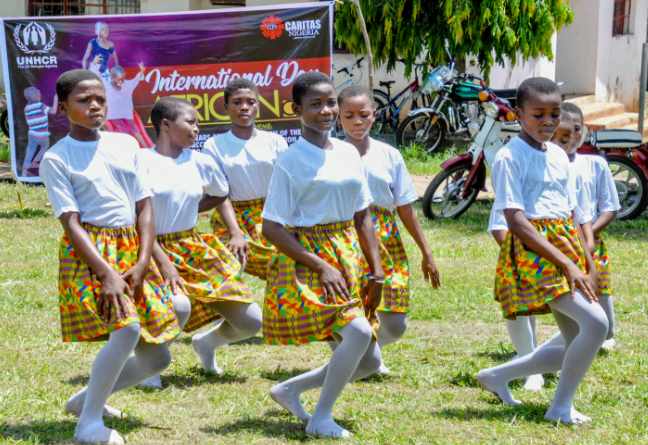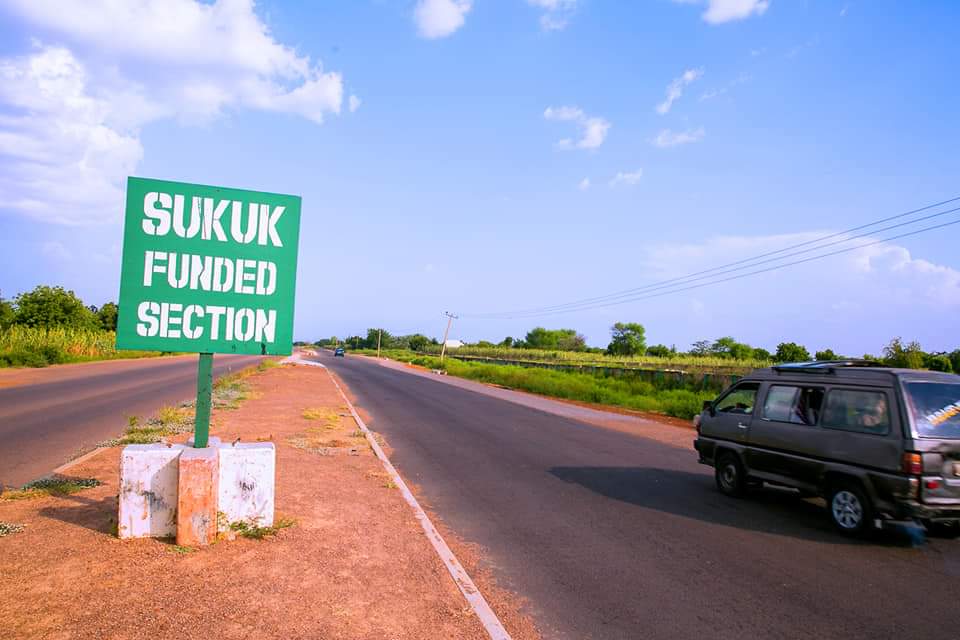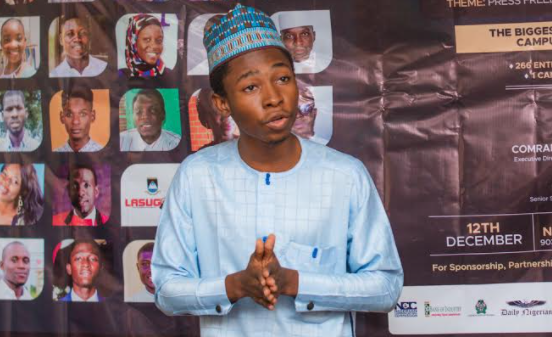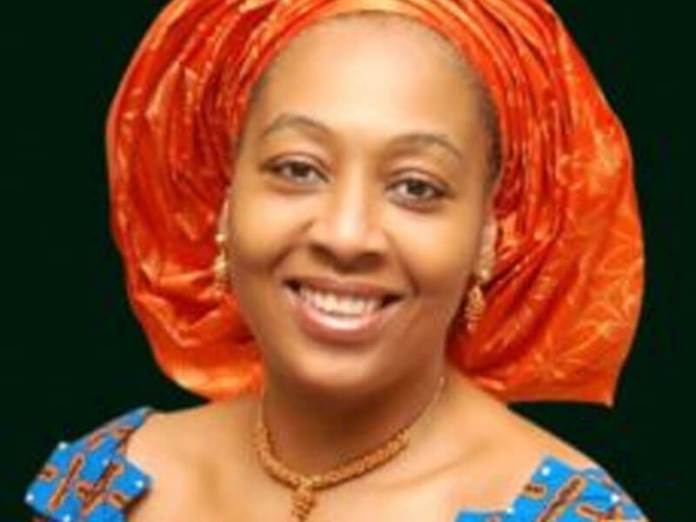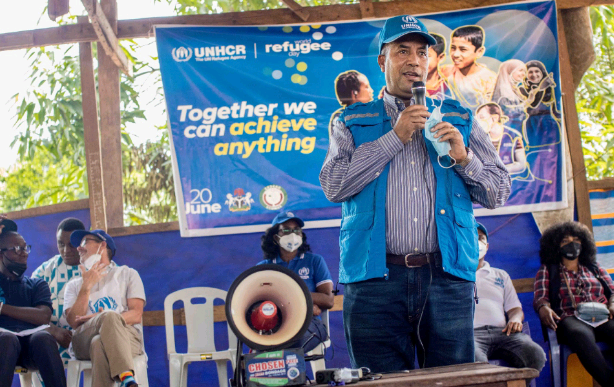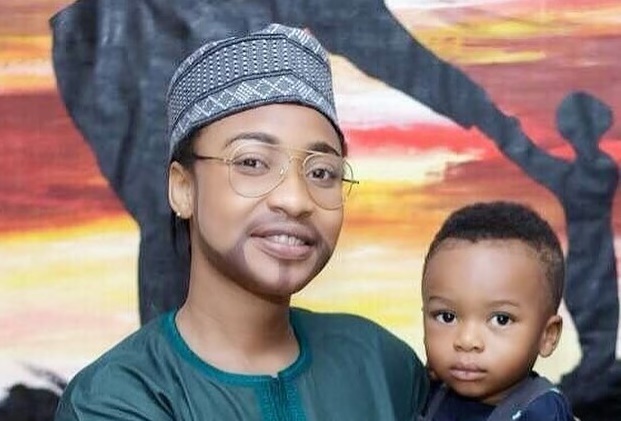BY MITTERAND OKORIE AND NNAMDI IBEKWE
As spectators to the commemoration of the International Day of the African Child on June 16, we were filled with variegated emotions at the event celebrating children in Ogoja, Cross River state. The event which was organised by United Nations High Commissioner for Refugees(UNHCR) and Caritas Nigeria brought together the refugees and host community for the occasion. Half of the children at the event were Cameroonian refugees, who in the company of their parents fled the war in south-west Cameroon between military and separatists since 2017.
Perennial conflict across various parts of Africa has displaced millions of people, the effects which are harshest on children. According to estimates by UNICEF, more than half of all refugees in Africa are children, numbering up to 4 million in total. Worryingly also, an estimated 7 million children in Africa are internally displaced. These dire statistics are concerns for political leadership in the continent and are indicative of the expansion of ungovernable spaces.
Of the 67,000 Cameroonian refugees in Nigeria currently, Cross Rivers state is home to over 38,000 of them who enjoy the freedom and safety of living side-by-side with their host communities. At the Ogoja LGA secretariat where the celebration was held, the children, who arrived in the uniforms of their various schools and accompanied by their teachers delivered series of splendid performances ranging from dancing, calisthenics and recitations. Further, they performed a runway fashion exhibition in which they dressed in the costume of different African countries and recited short historical facts about the countries.
Advertisement
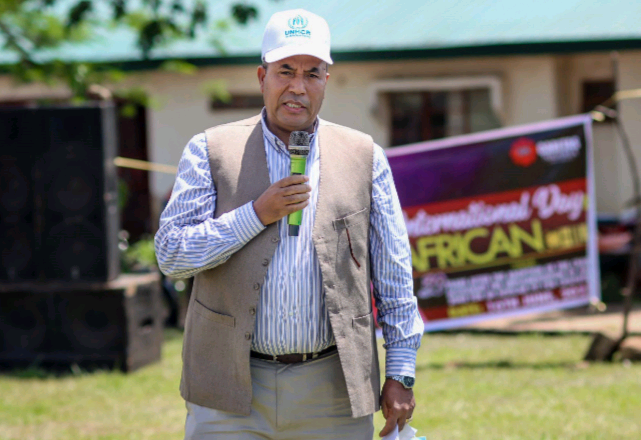
Amongst all performances, a particular recitation struck us the most. “Our dream is a dream of sunrise and sunset, a dream of children playing in the field without threats of violence. I am an African child, ready to blossom, teach me to think like the star within me,” read the speech by one of the children. It captured the hardship, if not trauma that accompanies the refugee experience of a child. A certain longing for normalcy.
Yet, is not all gloom for the refugee children in Ogoja. In their story, one could see the spectacular efforts by the Nigerian government, state and local government authorities working hand in hand with the UNHCR to integrate refugees in society as opposed to creating a parallel system that may be discriminatory or exclusionist.
When we spoke to one Coordinator for Caritas Nigeria who has worked extensively with the refugee children in their educational development, she mentioned the initial difficulties encountered. These ranged from inadequate learning halls to lack of uniforms and study materials, all of which created a sense of difference between them and their local counterparts. However, through concerted efforts from both UNHCR, Caritas Nigeria, and the local authorities, the school infrastructures were expanded to deal with the additional number of students. School uniforms and study materials were also procured for the refugee children so that now, it was impossible to differentiate them from the locals.
Advertisement
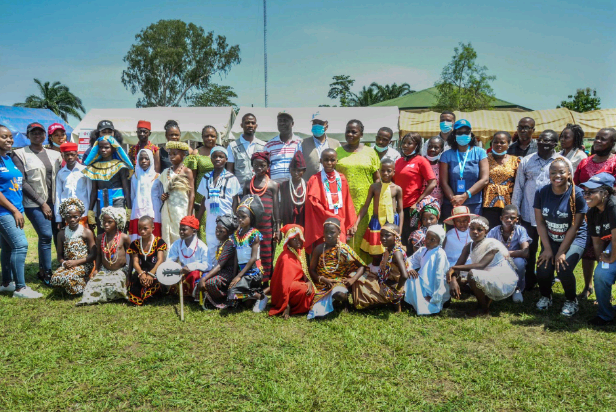
In time, it is hoped that the refugee children would be able to return to their places of origin when peace is restored. When that happens, they will at least, hold a fondness for Ogoja—a place where they felt welcomed and safe.
Views expressed by contributors are strictly personal and not of TheCable.
